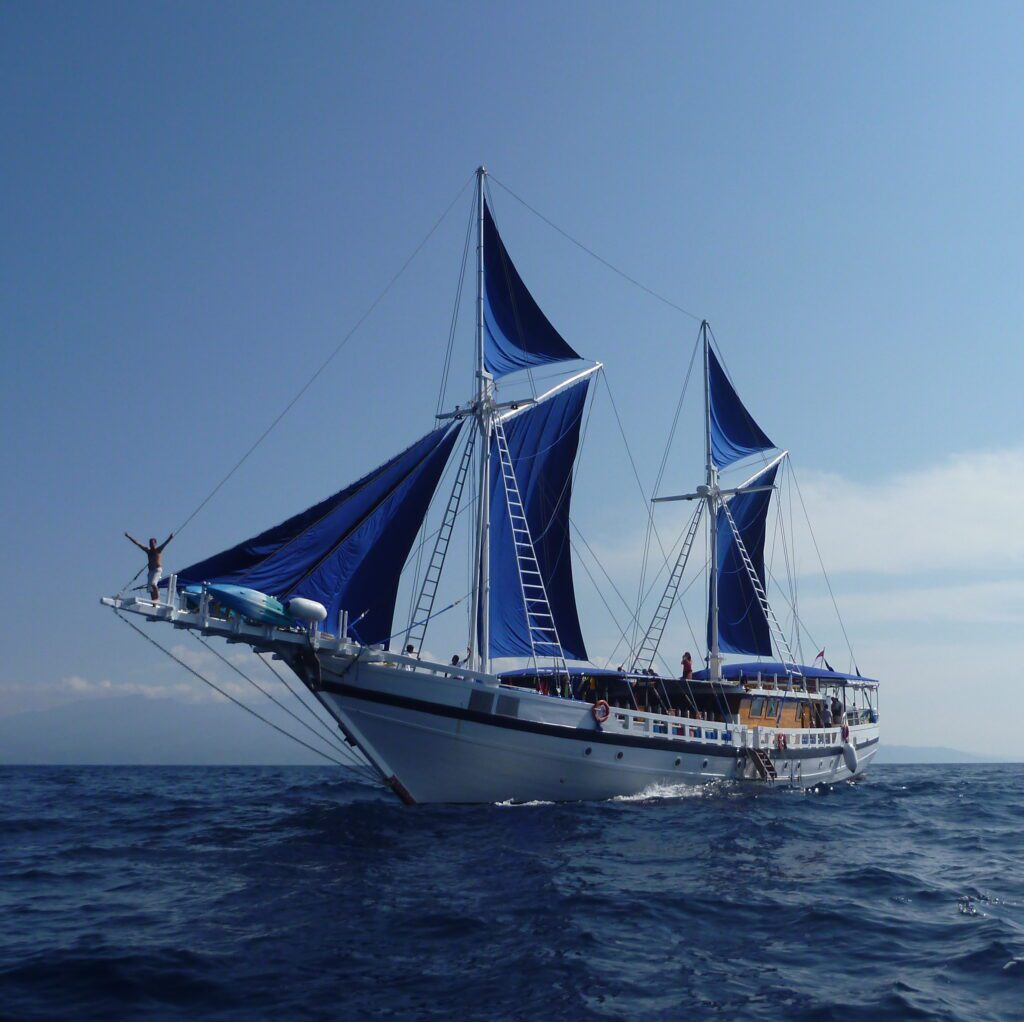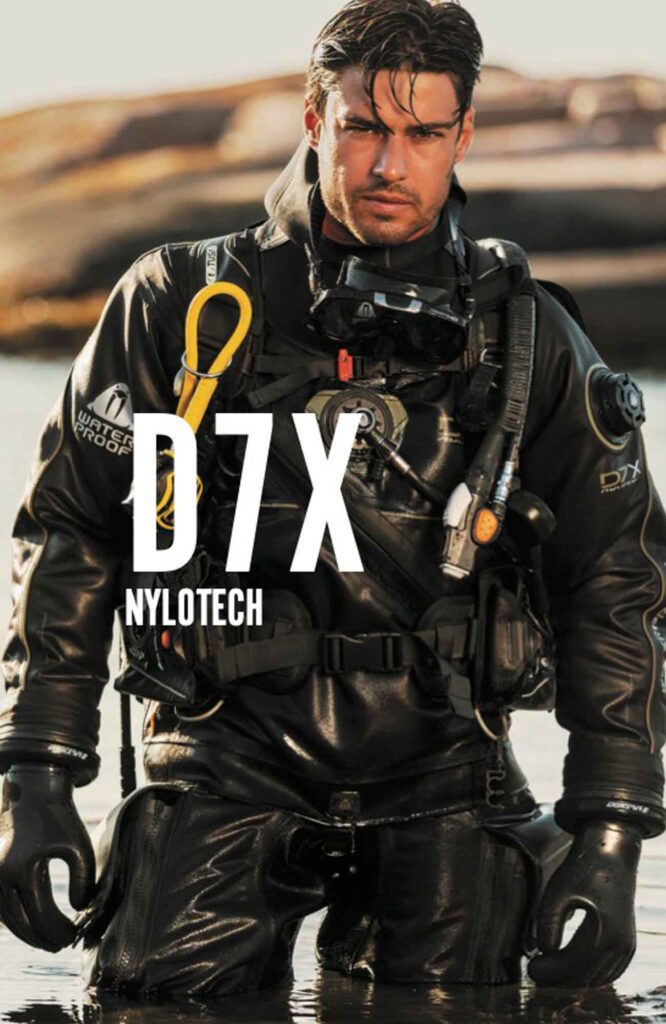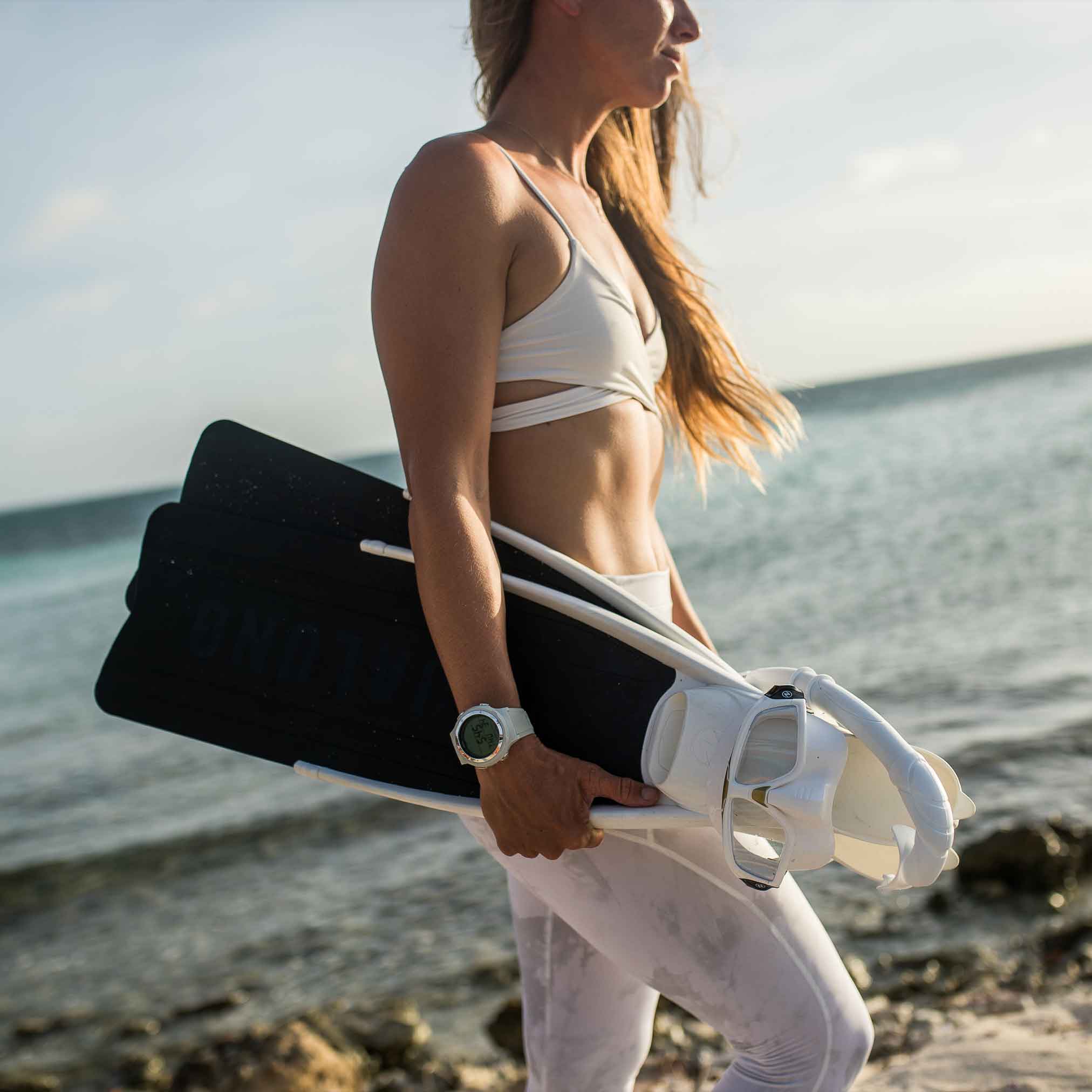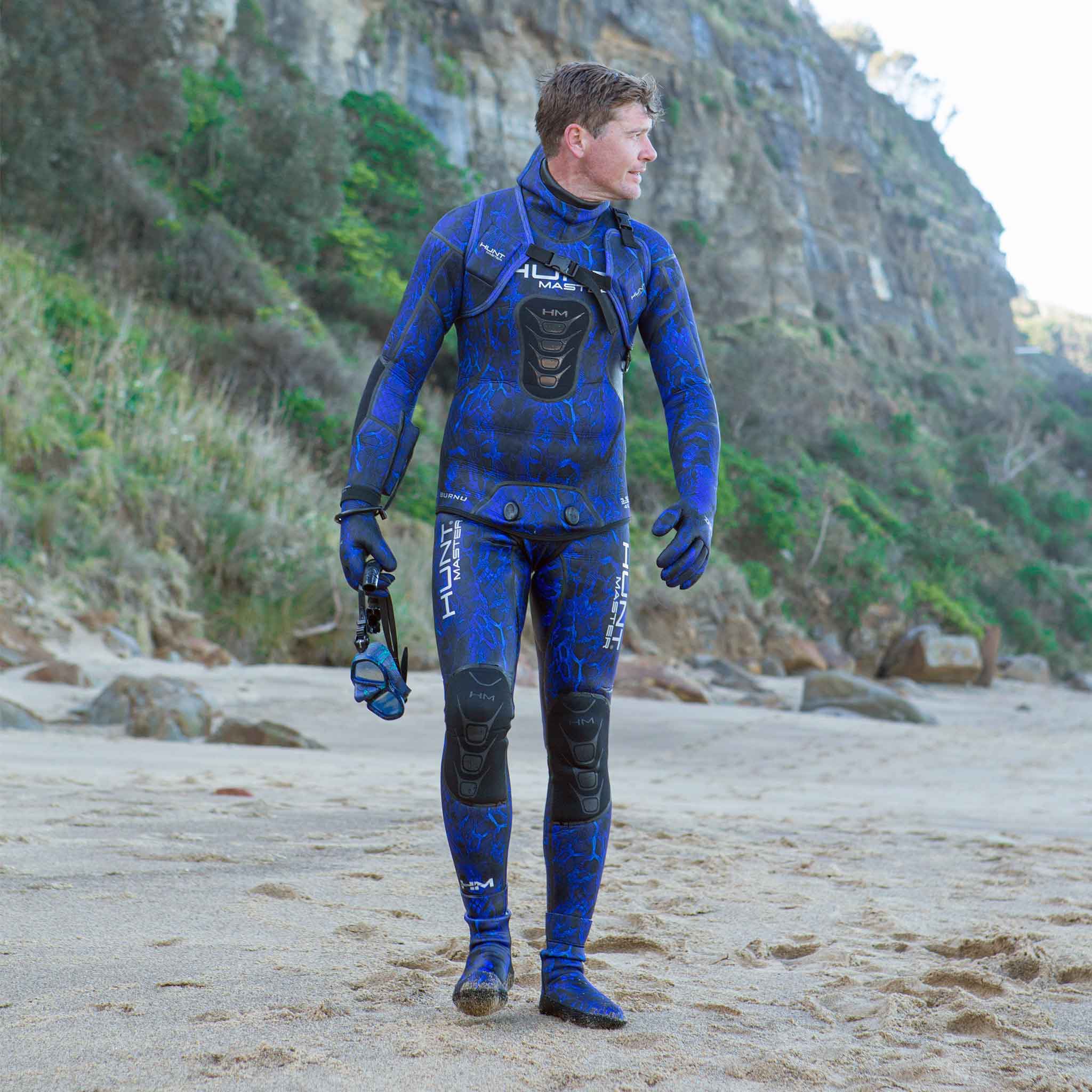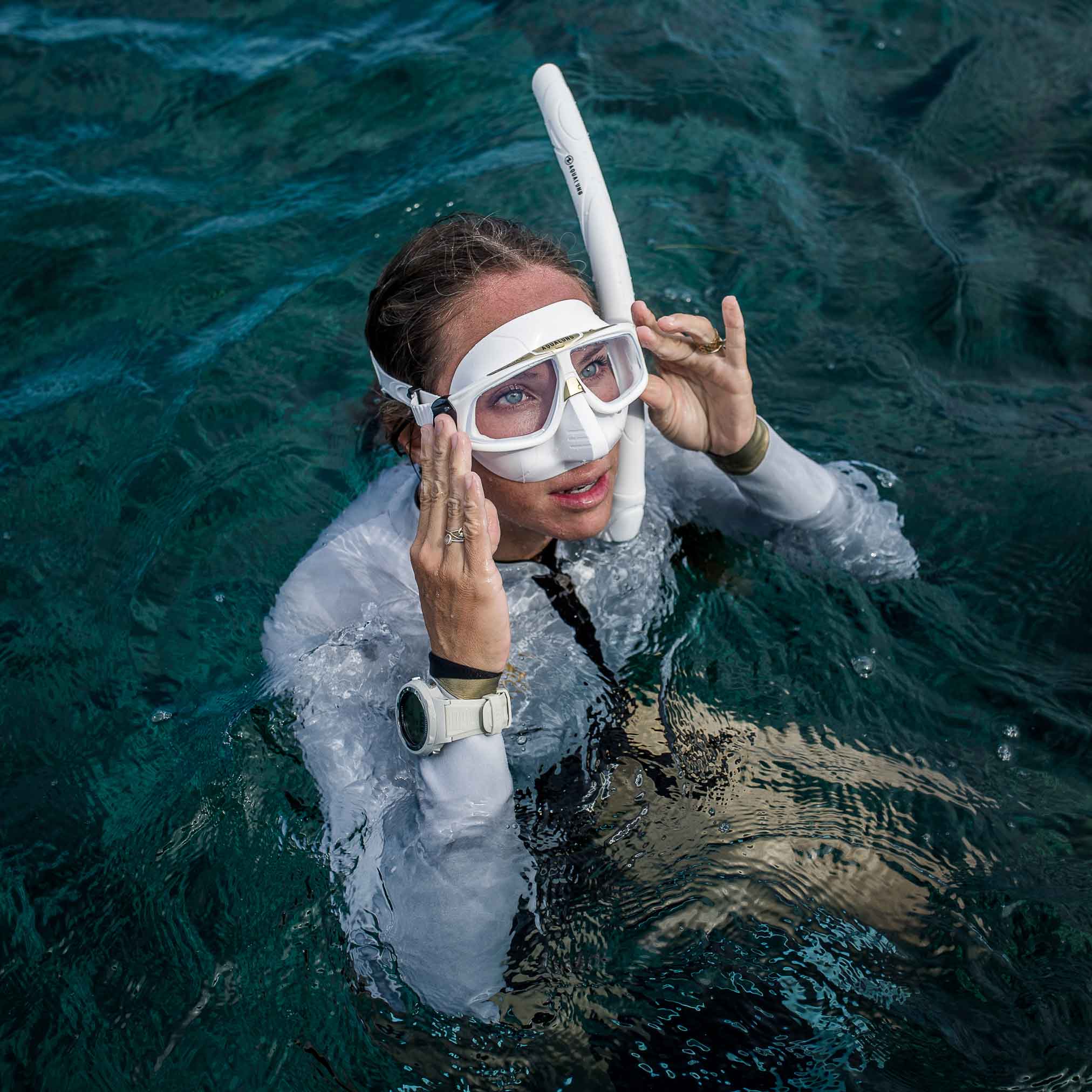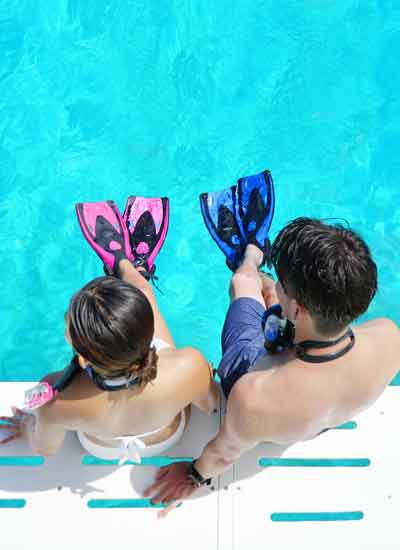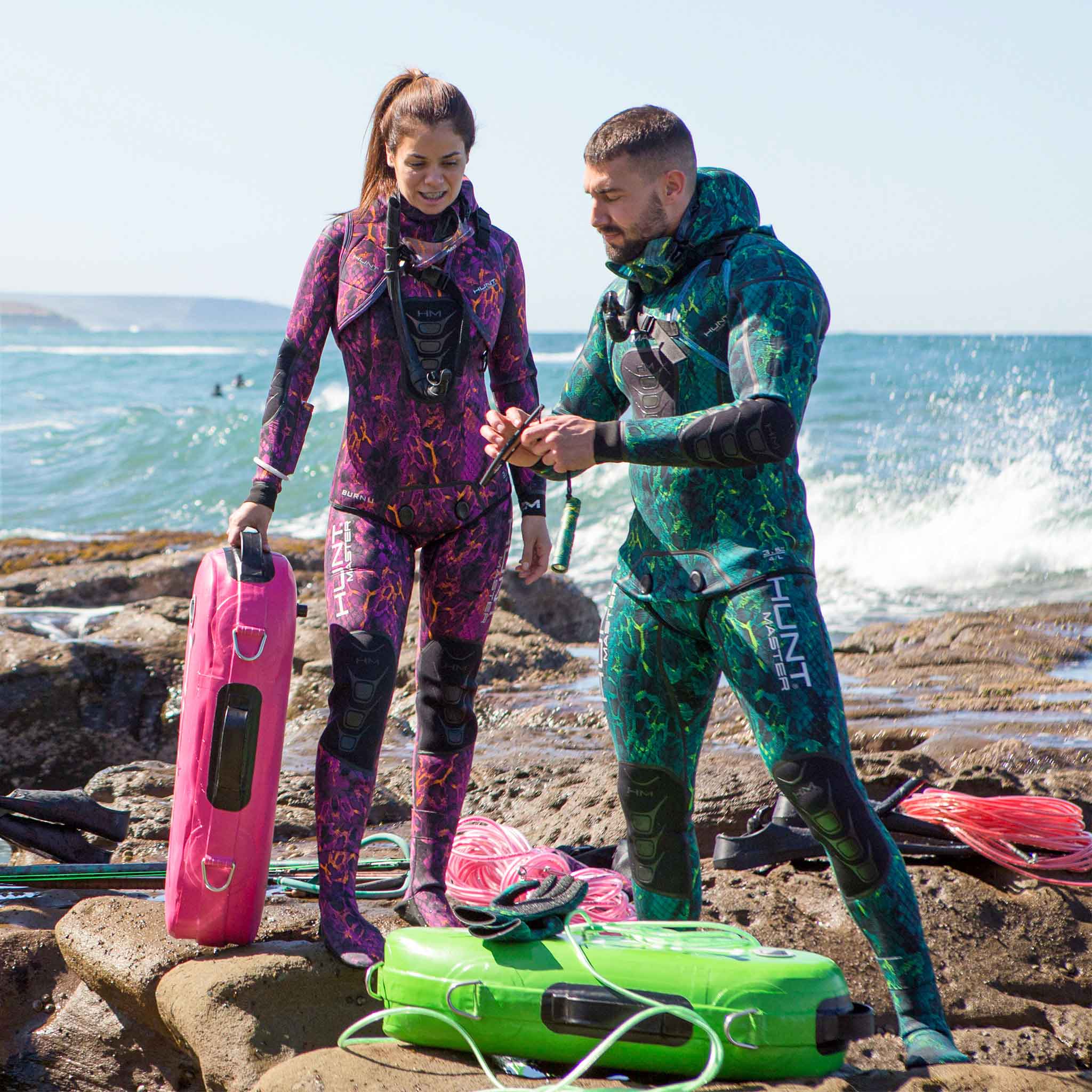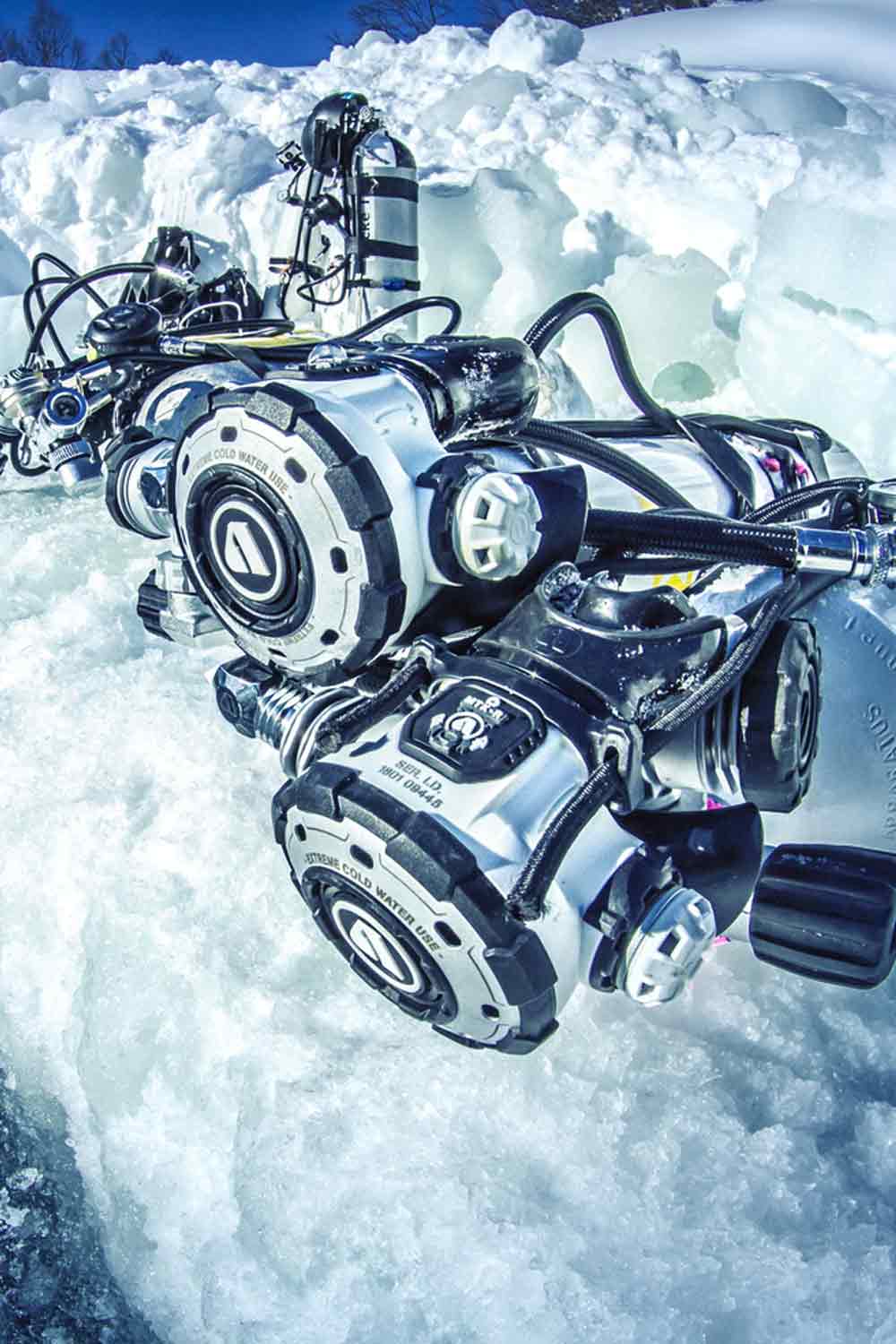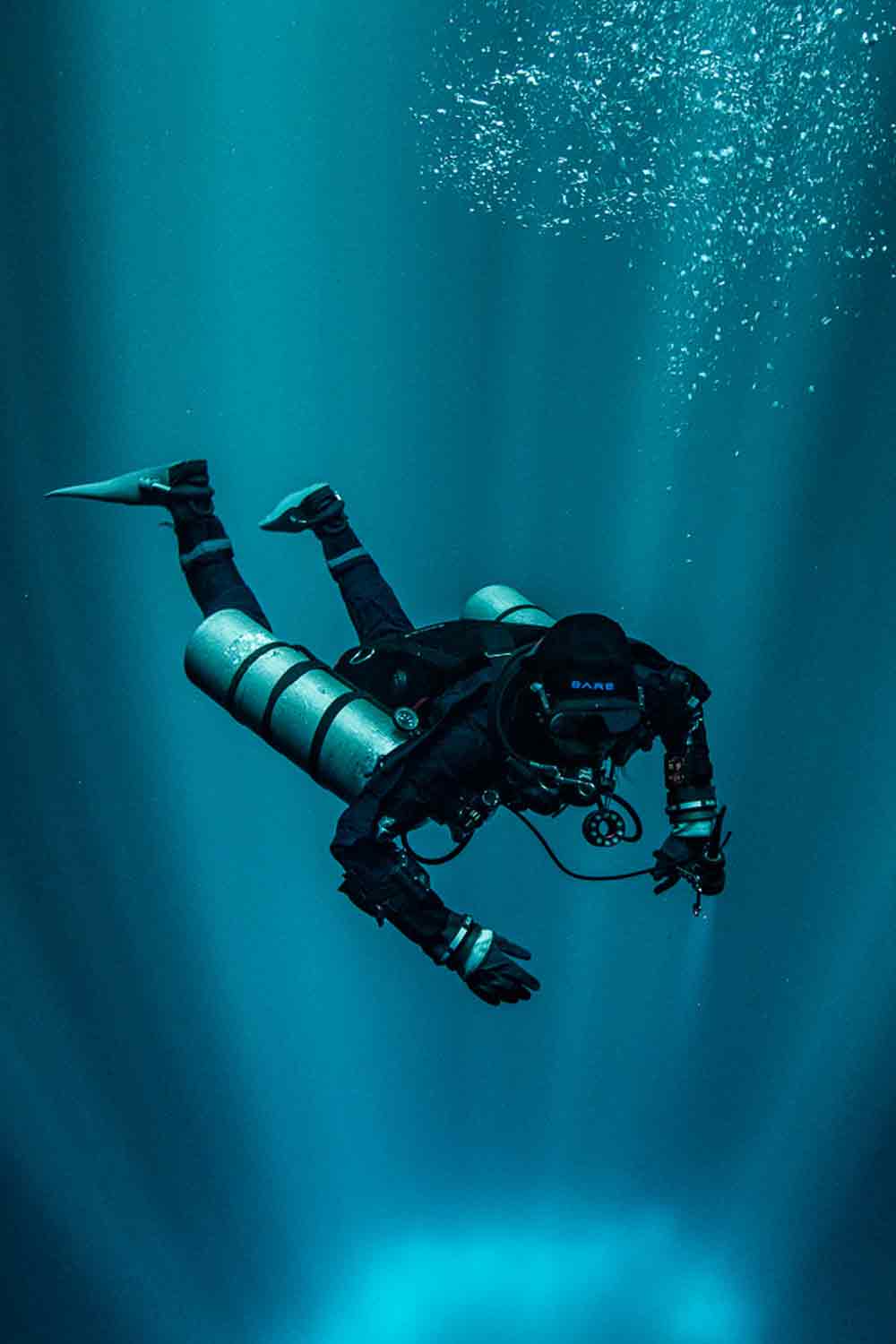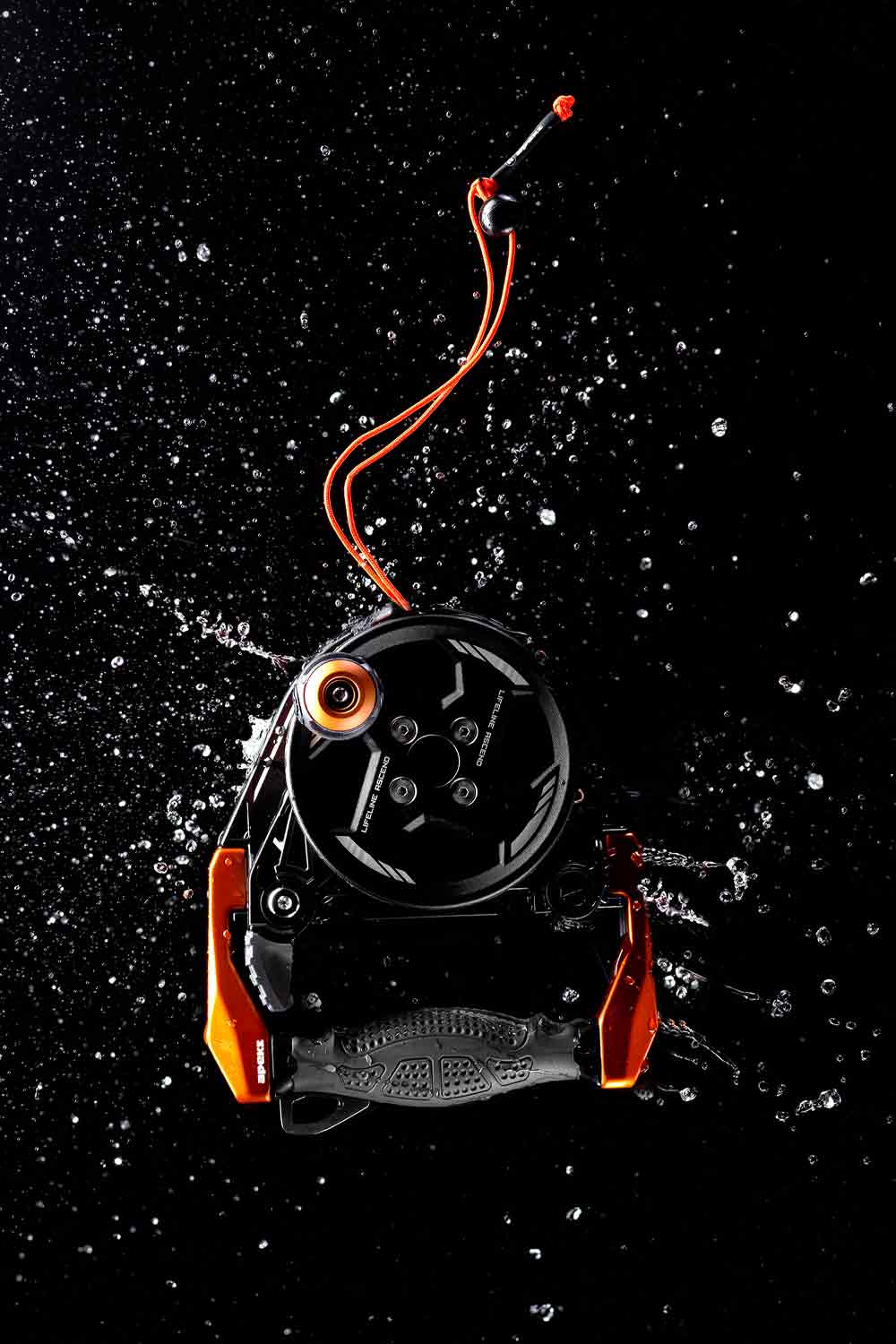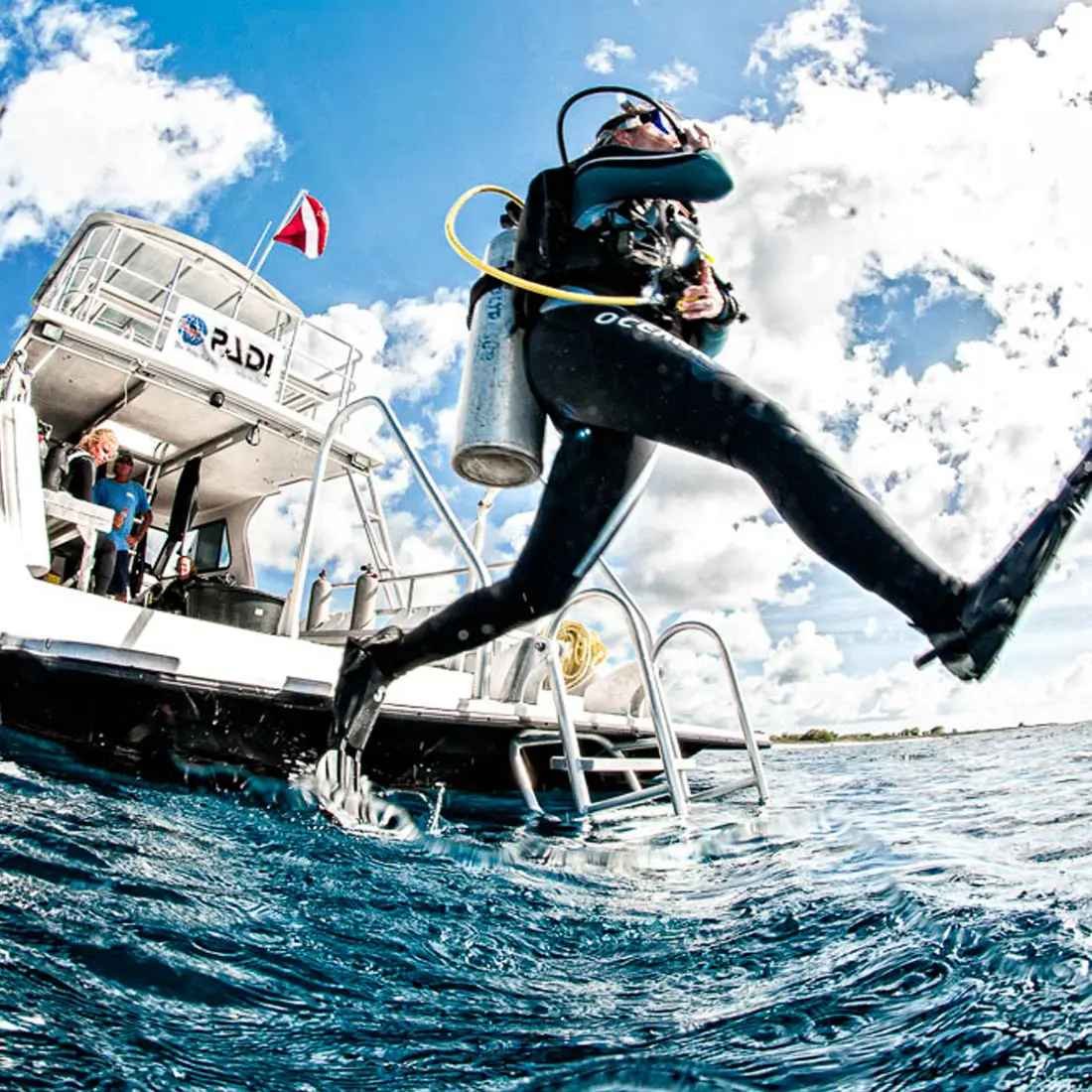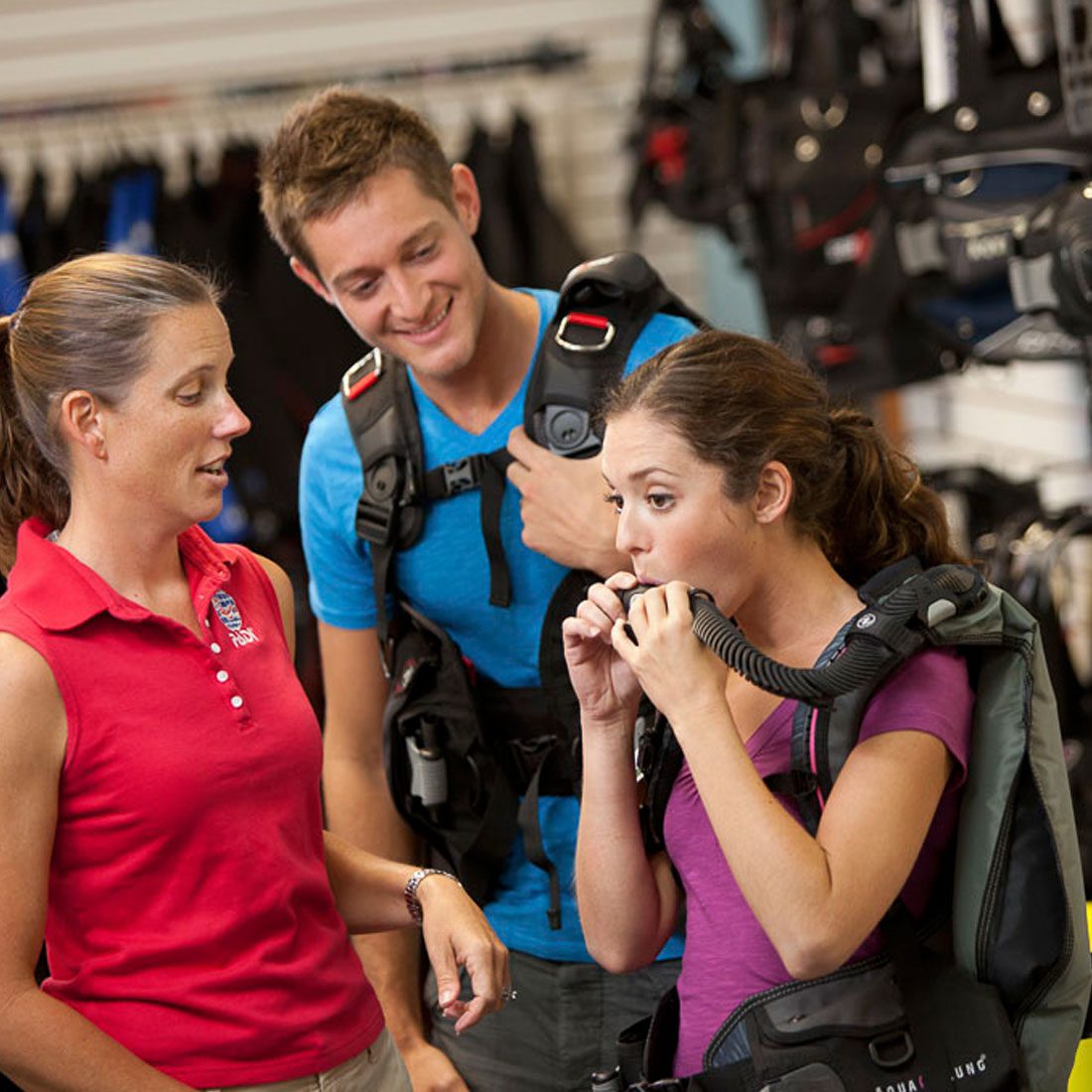Dive Travel, Tips and Tricks
How to Pack For a Scuba Diving Holiday
Scuba Diving Travel Essentials
Below is a list of Scuba Diving equipment and handy tips that we believe is essential for any successful dive trip
Scuba Diving Equipment to bring:
- Certification cards and log book
- Mask and snorkel
- Thin tropical diving gloves
- Light full foot Fins and booties
- Tropical wet suit 2.5mm, 3.5 mm or 5mm. (Depending on water temperatures).
- Buoyancy compensator (Bcd).
- Regulator, Dive computer and gauges. Spare diving computer is recommended.
- Divers knife
- Led Torch and backup dive torches and re-chargers.
- Safety sausage (SMB)
Underwater Photography and Videography Equipment
Take at least 4 batteries and 2 chargers, so you can have them charging in-between dives. very helpful for when you are doing four dives per day.
Use Fast and very High quality memory cards, take external and backup hard drives. (it would be a shame to lose those special diving memories)
Do not pack strobes, camera housings and torches sealed and locked shut into your checked luggage as you may wreck them.
Cameras are the personal responsibility of each traveller. Excess charges and fees may be charged by the airline which is to be paid directly at the airport.
Dive Dear Australia recommends taking a spare mask, snorkel, fin straps and buckle, mouth piece and tie clip, batteries and globes for torches plus silicone grease for diving cameras and torches. When packing torches please always make sure you separate the battery.
How to keep your packing weight down
- Having a light travel Bcd is way more comfortable to dive in.
- Light weight full foot fins, saves on packing heavy boots.
- Carry your laptop in a separate laptop bag and load it with hard drives and heavy items.
- Pack dive computers (or wear them) torches and regulators in your carry on luggage.
Put your camera in carry on, or if it is DSLR carry it around your neck as the air lines do not stipulate what type of camera that you are allowed on the air line. All ways check the fine print of your airlines terms and conditions.
These carry on items we travel with is the Diving Equipment essentials that you want to be left with in the event your checked luggage dose not turn up to your destination, and you are moving on to say a live aboard boat.
Personal Items to travel with:
- Light clothing-shorts, t-shirts
- Hat, sunglasses, sunscreen
- Personal toiletries
- Beach towel and swim suit
- Sarong and reef shoes
- Dry bag – for boat trips
- Camera, film and or memory cards
- Windcheater and long pants
- Water bottle
- Ear Plugs, incase your roommate is snorer
First Aid Kit:
- Band – Aids
- Antiseptic cream or liquid
- Aqua Ear
- Sudafed
- Malaria tablets (If required for your destination)
- Insect repellant
- Paracetamol tablets (strong pain killers are handy)
- Sun Screen
Any required prescription medications (with a letter from your doctor)
- Antibiotics
- Sea sick pills
- Rehytrate satchels
- Lomotil (diphenoxylate) is a medication used to treat diarrhea.
Check List:
To ensure all your holiday requirements have been met and all documentation is correct, Dive Dear Australiarecommends that all passengers read through this informational and check list thoroughly, prior to departure. This checklist covers highly important aspects of preparing for your trip.
Passport and Visa Requirements

1. Is your passport valid for the entire journey?
(Most countries require a minimum 6 months validity after the time of your trip)
2 Is the name on your airline ticket the same as that in your passport?
3. Are visas required for any part of your journey?
(It is the traveller’s responsibility to ensure all entry requirements have been met)
4. If travelling on a foreign passport, is a re-entry visa required and or valid?
5. If visas are obtained check expiry date and validity.
Dive Dear Australia recommend taking photocopies of your passport, visas, insurance policy and credit cards. Keep a spare copy on you, in your luggage and at home.
Travel Insurance:
Do you have travel insurance?
Dive Dear Australia strongly recommends taking out travel insurance.
.Dan (Divers alert network) insurance is also highly recommended great to have. Sign Up to Dan World Wide Diving Protection and peace of mind
Health and Vaccinations
Do you have any special needs or requirements?
To enquire as to what your health requirements are prior to traveling please contact: Travel Vax on 1300 360 164
They will be able to offer specific advice on vaccinations, medications and any first aid equipment required prior to your departure. Please check with your physician for the best precautions to be taken.
Hotel and Land Arrangements
1. Please check all travel vouchers and itinerary to ensure details of your accommodation and land arrangements are correct.
2. Use safety deposit boxes and safes wherever possible.
3. Does the country you are travelling to accept particular credit cards or travellers cheques?
Government Travel Warnings:
It is the client’s responsibility to be aware of current warnings and advice. Refer to www.dfat.gov.au/travel
For updated information on Airport security checks and requirements please visit the Australian Governments new website http://travelsecure.inferstructure.gov.au
HERE IS SOME USEFUL INFORMATION REGARDING YOUR HEALTH

WHEN TRAVELLING OVERSEAS.
The following information is given by Dive Dear Australia in conjunction with the Travellers Medical & Vaccination Centre.
Regardless of where you are travelling to, it is best to seek professional advice on health issues prior to departure.
IF YOU BECOME SICK WHEN TRAVELLING
If you are worried about your health when travelling, it is wise to seek medical advice immediately. Most hotel & resort staff will be able to call a local doctor, or advise you of the nearest pharmacy or hospital.
VACCINATIONS
The combined DiphtherialTetanus (ADT) vaccine should be boosted every 10 years, regardless of your destination. The following vaccines should be discussed with your doctor; Polio, Typhoid, Hepatitis A&/or B, Meningitis, Cholera and Rabies. Recommendations will depend on your destination.
There is no simple list of required vaccines. A doctor must go through your proposed trip in detail before deciding which vaccines and precautions are relevant to you and your family.
ANTI-MALARIA MEDICATION
Many different anti-malaria drugs are currently available and it is ESSENTIAL that expert advice be sought to ensure you receive the correct treatment for your destination and advice on the prevention of Malaria.
There are many strains of Malaria, dependant upon the destination. Malaria is a potentially fatal disease and is present in various regions of the Pacific and Asia. Please check with your physician for the best precautions to be taken for a diving holiday. (For further details contact Travel Vax on 1300360 164).
MOSQUITO BITES
Malaria or not, mosquito bites are annoying. There are some simple steps to take to avoid mosquito bites – these can include a combination of the following; wear insect repellent, cover up – particularly at night, refrain from wearing perfume or aftershave, always try and wear light coloured clothing. If bitten try not to scratch the skin. It might be handy for you to take some antiseptic cream or lotion to sooth the bite. This will also help you in avoiding any minor skin infections.
DIARRHOEA
If you have a case of diarrhoea while you are away, it is important for you not to become dehydrated. The best tip is to stop eating for 24 hours, but continue to sip water frequently. It is a good idea to carry some re-hydrating medication with you at all times. If you feel like eating, try a dry biscuits or toast, no dairy products, sugary foods or drinks. If the symptoms persist please seek medical advice.
DIVING PRECAUTIONS
Whilst on your diving holiday, you need to be aware of conditions that may pre-dispose you to decompression sickness and other diving-related illnesses. These include your general state of health, tiredness, alcohol consumption and multiple dives on consecutive days. While the use of dive computers is recommended to enable you to take advantage of all diving opportunities, conservative use of these is recommended.
Flying soon after diving is dangerous and Dive Dear Australia recommends a minimum break of 24 hours between your last dive and flying. On a long diving holiday, it is also a good idea to allow for a “dive free” day in the middle of your holiday. Remember your first alcoholic drink means your last dive for the day.
GENERAL TIPS
Dive Dear Australia wishes you a wonderful holiday – but please take care! Close to the equator, the sun is at its strongest and even though there may be cloud cover you can still get very sunburnt.
Remember to take your suntan lotion. Sunscreen can be on the “expensive side” if buying at your destination, compared with buying in Australia. Factor 30+ broad-spectrum is recommended by the cancer council of Australia and water-resistant lotions are best. This should be applied frequently, particularly in humid conditions or when snorkelling or diving. If you get sunburnt, avoid the sun for a few days, and make sure that you drink plenty of fluids. Also, wear a T-shirt in the pool or sea. Be sure to take a hat – or buy one when you arrive in the tropics, it is important to drink plenty of non-alcoholic fluids to avoid dehydration.
HAVE A SAFE AND HAPPY HOLIDAY
